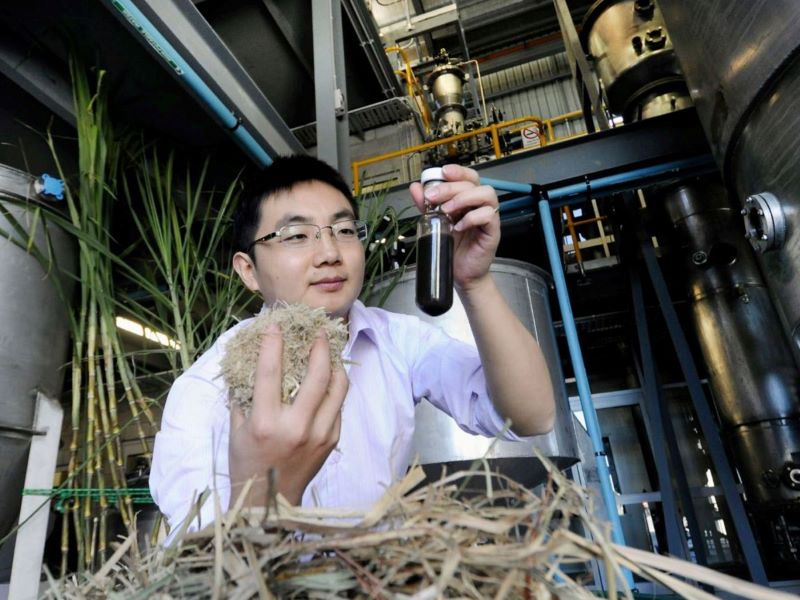Sustained investment and research translation could make synthetic biology a $27 billion per year industry and add 44,000 jobs in Australia by 2040, according to the national science agency, which forecasts the biggest impact in agriculture and health industries.
CSIRO on Thursday released a roadmap for the interdisciplinary field of science, which applies engineering workflows and sophisticated genetic technologies to design and build novel biological solutions.
The roadmap touts Australia as a potential regional leader for a growing Asia-Pacific market for synthetic biology-enabled products if it can build on its strong research base and address the “limited strategic alignment across jurisdictions, key government bodies and industry stakeholder groups”.

CSIRO Synthetic Biology Director Professor Claudia Vickers said sustained investment and a more coordinated approach on synthetic biology would deliver increased impact and economic benefit.
“Synthetic biology can help overcome a range of global challenges, particularly in agriculture and health. It can also enable Australia to transform its economy by creating new, more sustainable industries and generating jobs,” Professor Vickers said.
“Bringing technology, the research community and other stakeholders together to enable start-ups, private investment and growth of market share will be essential to achieve the vision outlined in the Roadmap.”
Synthetic biology is considered a potentially globally transformative industry and is forecast to be a $700 billion market by 2040. Australia could capture $27 billion of it under a “high growth, high market share scenario” by developing a national synthetic biology ecosystem, according to the roadmap.
“The promise of this field was demonstrated in a spectacular way with the development of the mRNA vaccines for COVID-19,” Australia’s chief scientist Dr Cathy Foley said in the foreword.
“This technology, which used synthetic RNA, was the first vaccine against a coronavirus, and is set to be the basis for many more in the future. But we are just at the beginning.”
There is potential in other areas like medicine, including cancer vaccines, biosensors and treatment for autoimmune disease, as well as in agriculture with alternative meat protein, and in environmental areas with synthetic biology used to develop new biofuels.
But Dr Foley said a successful industry will not “simply land on your plate”.
“We need to choose where to focus our efforts, by playing strategically to our strengths and our national priorities,” she said.
Australia has invested significantly in synthetic biology since 2016, including in a new BioFoundry facility in Queensland (a high-throughput robotic synthetic biology construction facility), with more than $80 million of public and $20 million of private investment in total. But Australia has only a “negligible” share of the global synthetic biology market, according to the roadmap.
In comparison, the UK tipped nearly $1.5 billion of investment into synthetic biology between 2009 and 2016, helping to produce 150 startups and an estimated eight to 12 per cent market share.
The Australian Government has identified synthetic biology among a new set of “critical technologies” which are of strategic importance, and is developing a set of voluntary principles aimed at ensuring the security of their supply chain. Some synthetic biology products are also part of one focus area of the $1.3 billion Modern Manufacturing Initiative, which began offering grants for medical manufacturers early this year.
The CSIRO report, developed with input from 140 stakeholders from over 60 organisations, recommends several priority actions to establish an effective synthetic biology ecosystem:
- Support research translation and seed new businesses through targeted investments and bioincubator programs
- Develop shared infrastructure to enable development and demonstration of synthetic biology applications
- Attract international businesses and talent to build critical mass and enhance international collaboration
- Strengthen foundational ecosystem enablers including leadership, governance, skills, and collaboration, including a bioeconomy leadership council to advise government strategy
In an optimal scenario, synthetic biology would add $19.2 billion in annual revenue to the food and agriculture industry, and another $7.2 billion to health and medicine, according to the roadmap.
Do you know more? Contact James Riley via Email.

